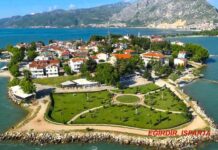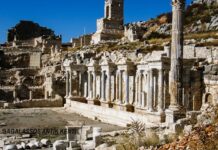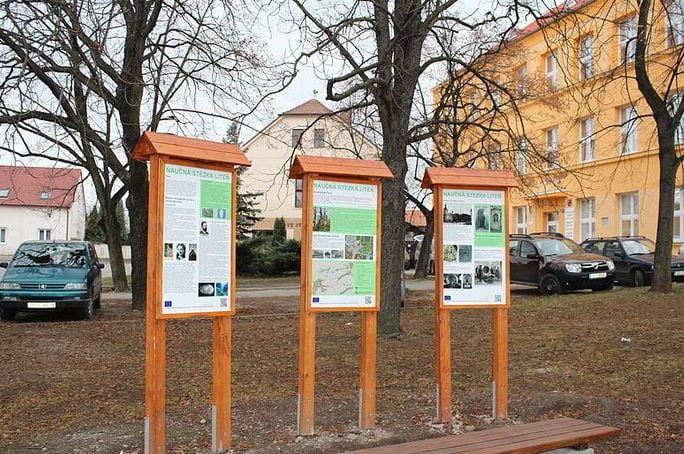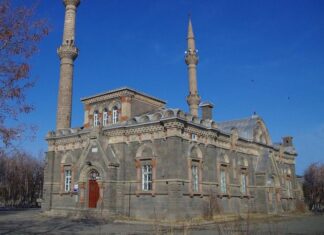The Emperor did not as a rule pay much attention to such matters, for he was of opinion that they arose from some natural cause, yet even he questioned the men who understood these things; and summoned Basilius (this man shewed great devotion to the Emperor), who had lately received the honourable post of Prefect of Byzantium, and consulted him about the comet which had appeared. Basilius said he would defer his answer till the next day, and he returned to his lodging (which was a chapel built long ago in honour of the evangelist John) and watched the comet when the sun was about setting. While he was thus worried and wearied with calculations, he happened to fall asleep, and in his sleep beheld the saint dressed in priestly robes.
All overjoyed, he fancied he ‘saw no illusive dream, but a reality.’ Hence on recognising the saint he was fearful and begged him timidly to make known to him the message of the comet. And the saint replied that it foretold the movement of the Franks and’ its setting denotes their destruction in the same quarter of the globe.’ Such is the story of the comet that appeared.
Emperor arrived in Thessalonica
The Emperor arrived in Thessalonica, as already stated, and there prepared for Bohemund’s crossing by training the recruits in stretching the bow and shooting arrows at a mark and protecting themselves with their shields; by means of letters he was also procuring troops from foreign countries so that they might come quickly when required. He also showed great care for Illyria, strengthened the city of Dyrrachium and appointed Alexius, the Sebastocrator Isaac’s second son, prefect of it.
At the same time he ordered the Cyclades, and all the maritime towns of Asia and even of Europe, to get a fleet ready; and when several objected to building a fleet as Bohemund was in no haste to cross yet, he would not listen to them, but said that a general must be a watchful guardian, and not only be prepared for immediate happenings, but look far ahead, and by no means be caught unprepared when danger threatened through having stinted money, especially if he knew that the enemy was advancing. After having settled these matters very cleverly, he left Thessalonica for Strubitza and went on from there to Slopimus. On [309] hearing that John, the Sebastocrator’s son, who had been sent ahead previously had been defeated by the Dalmatians, he sent enough troops to succour him.
Read More about The Silver Hilt part 2








